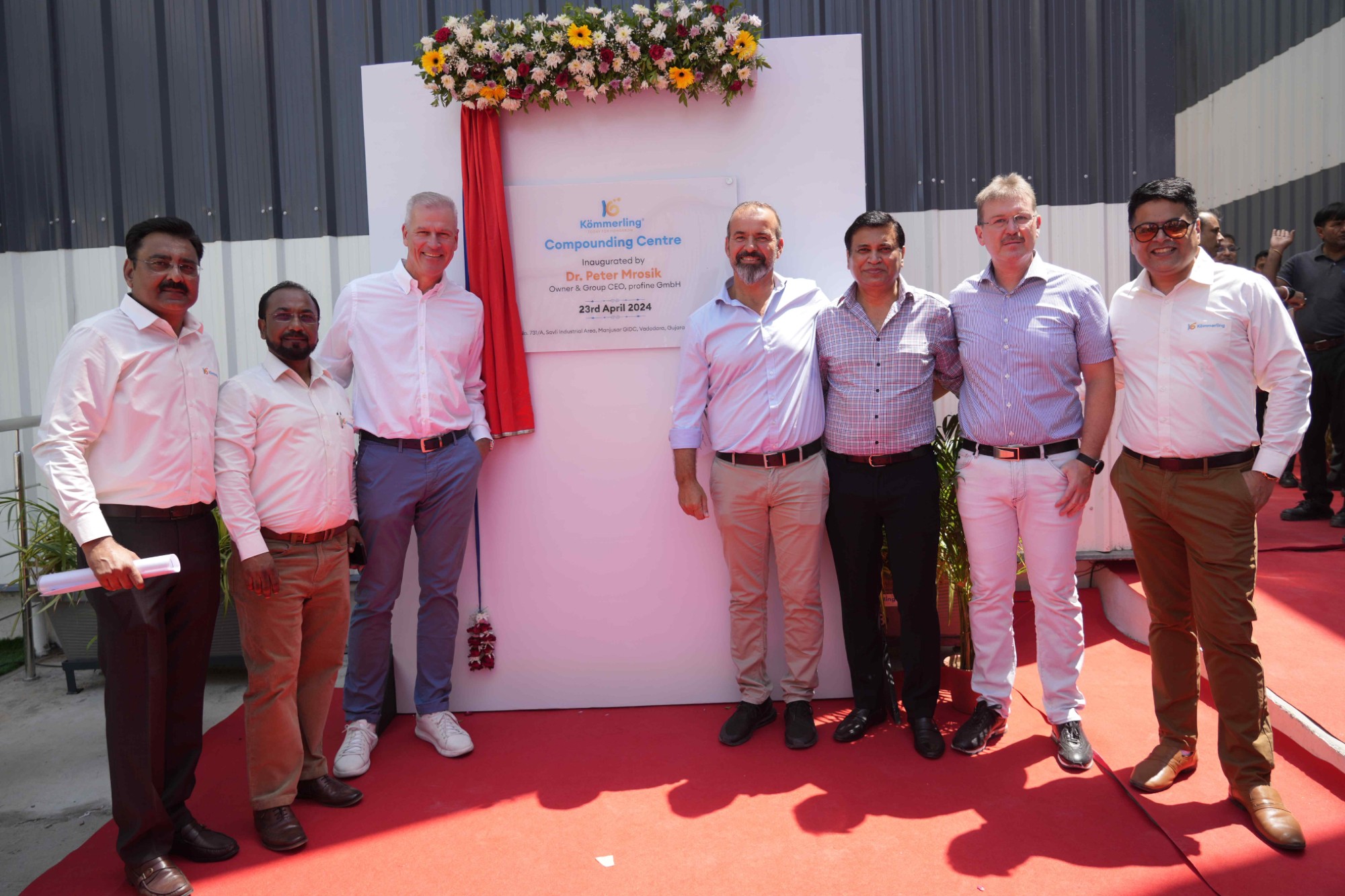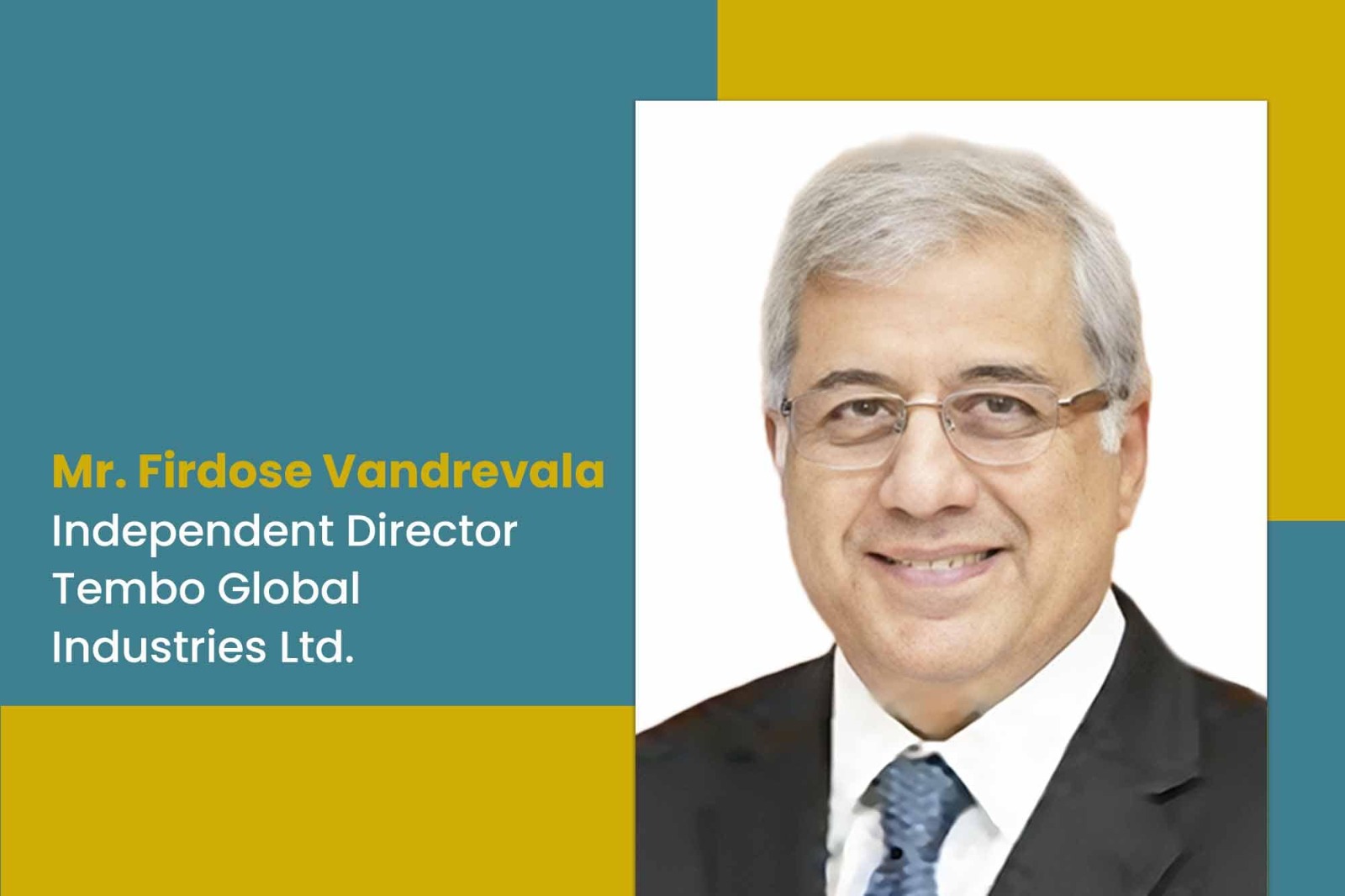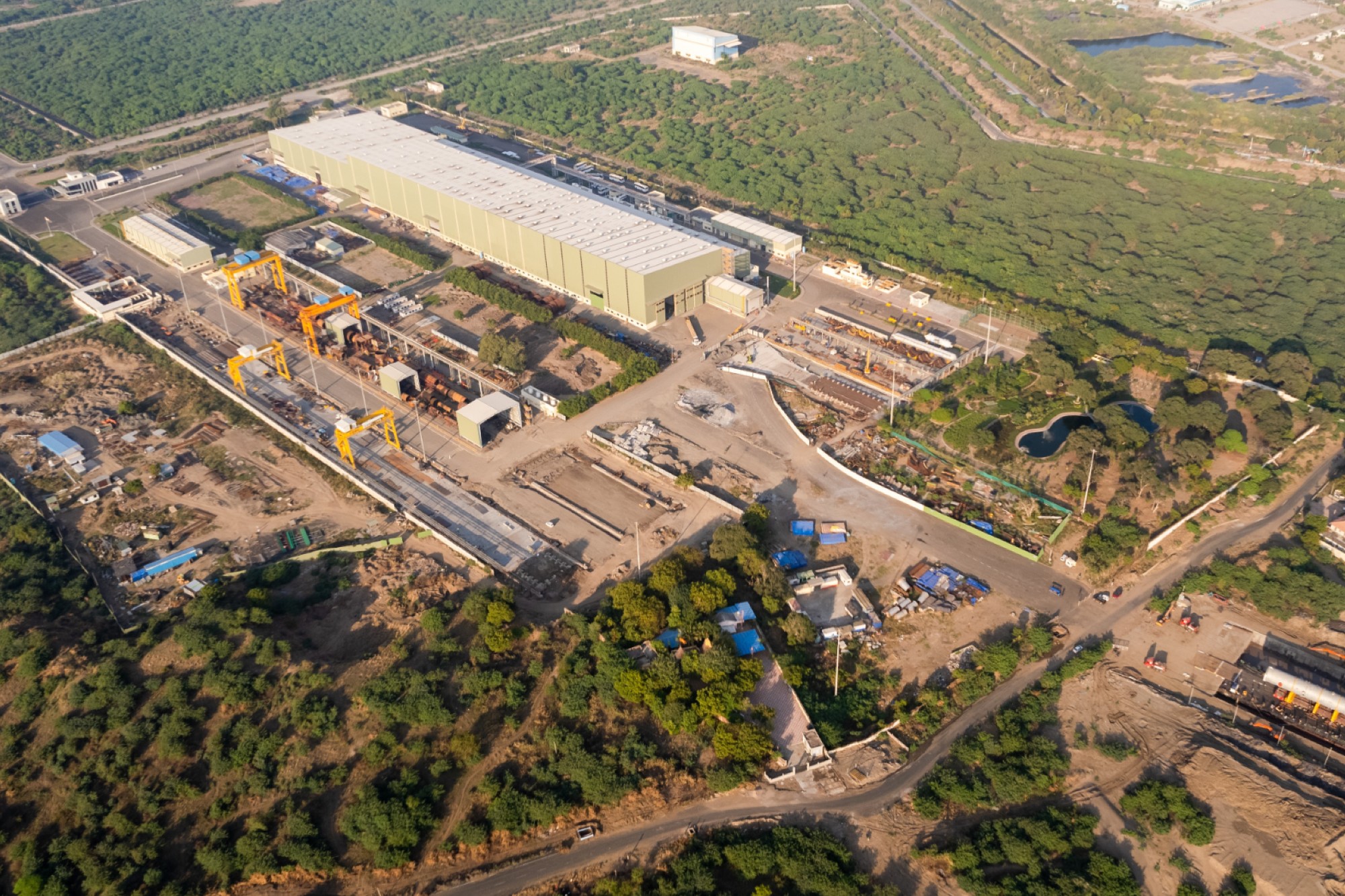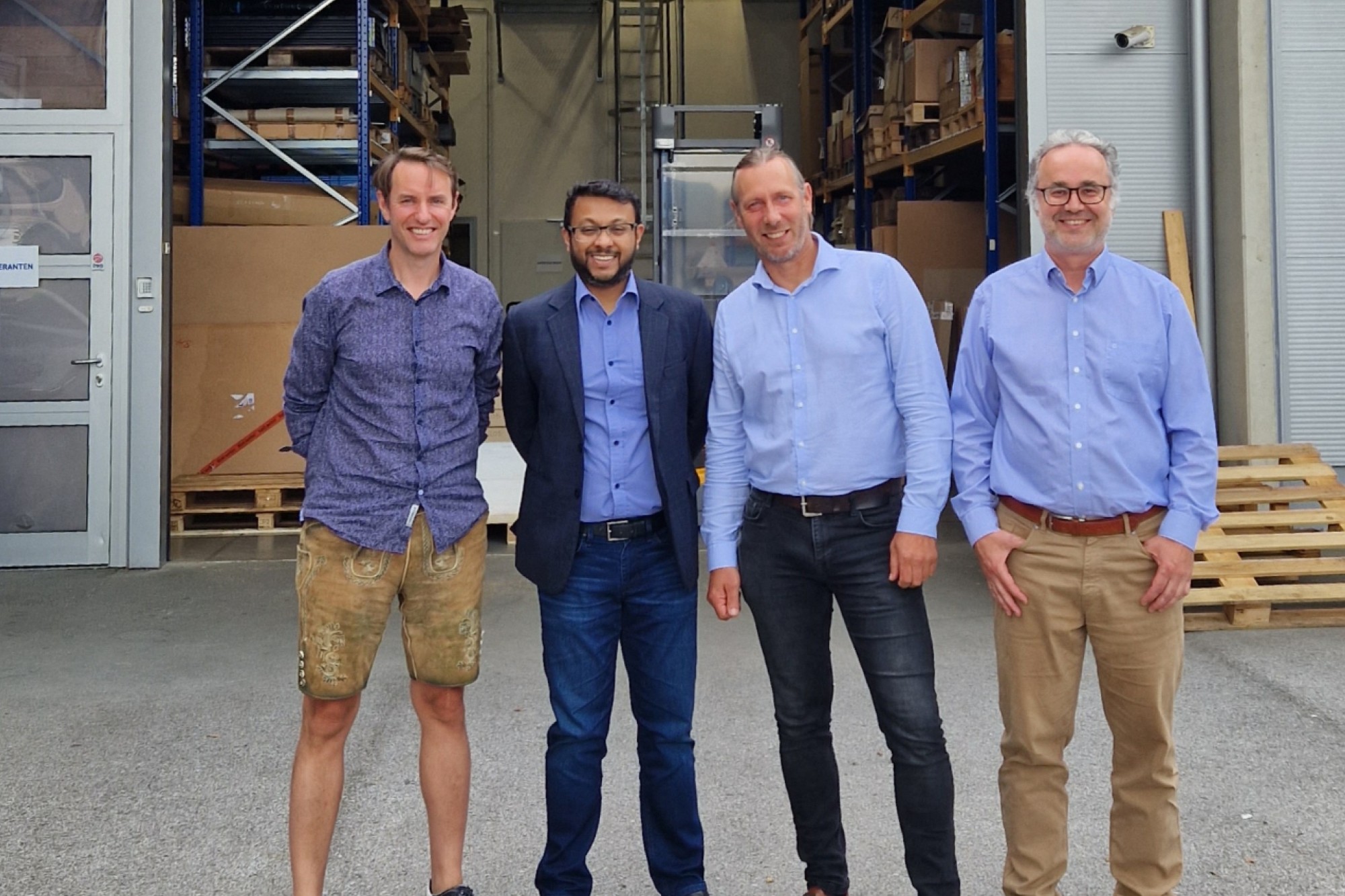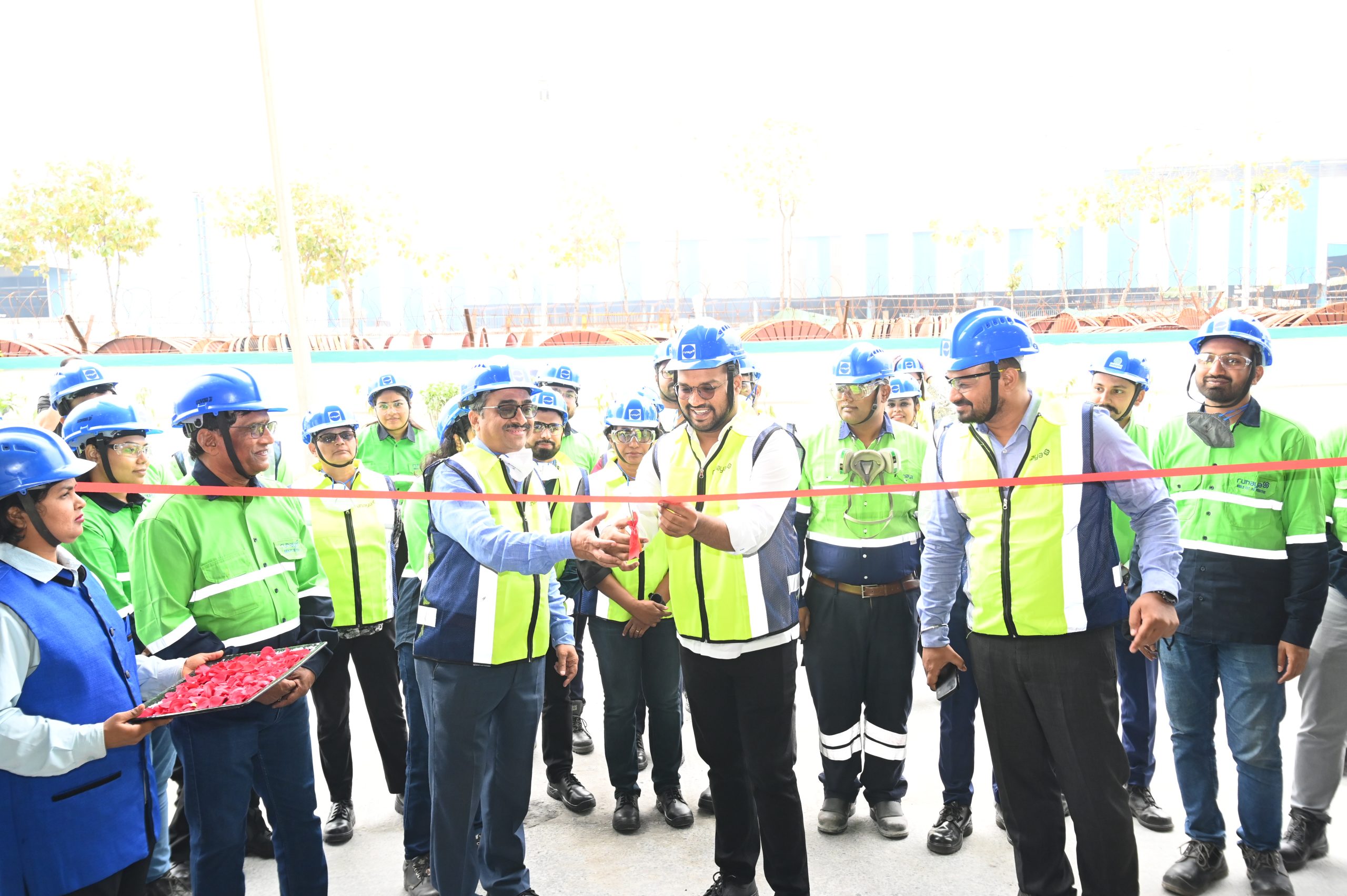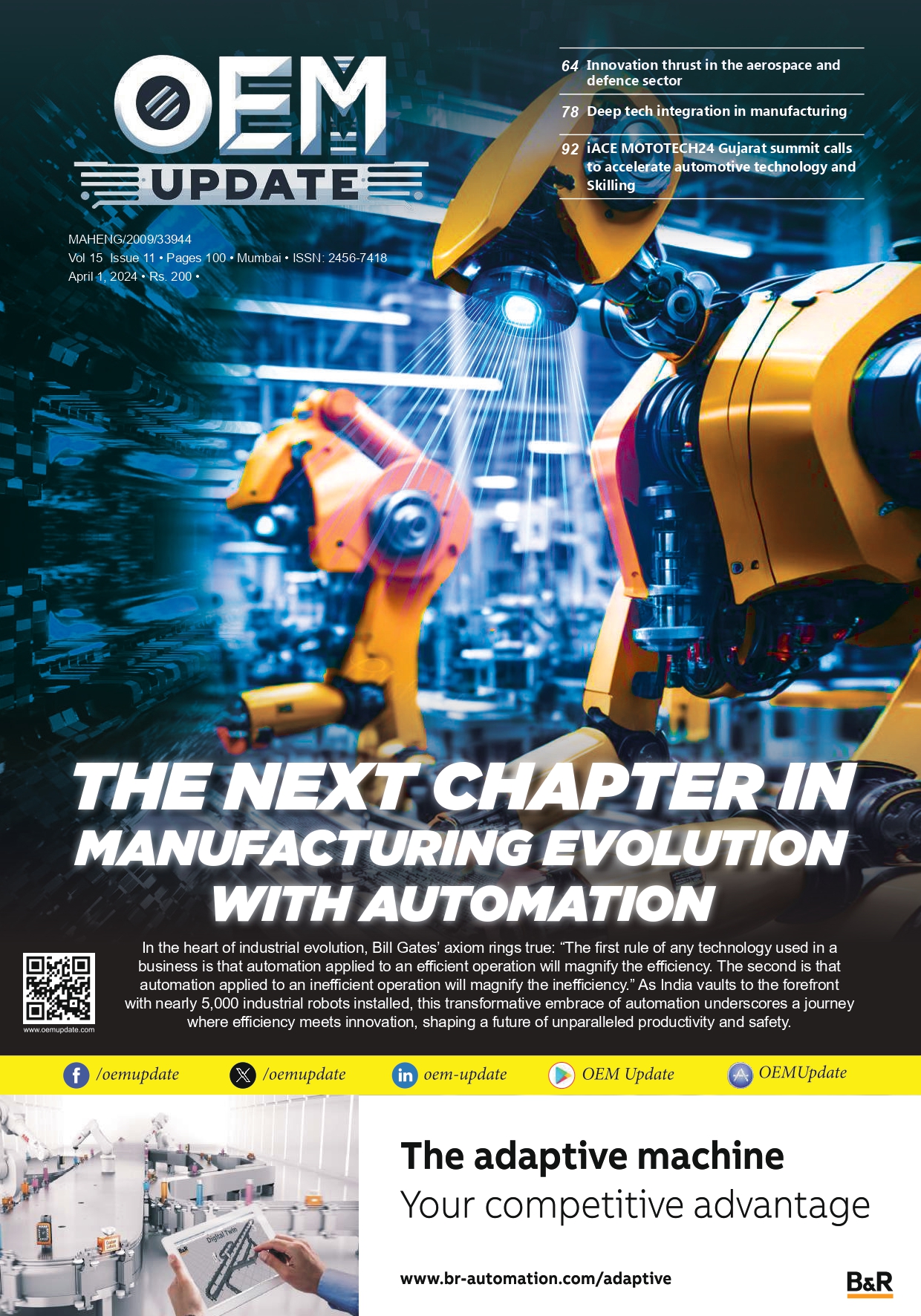OKR Implementation tips for sponsors and leaders
January 22, 2021 10:23 am
1.0 What are OKR’s
OKRs (Objective and Key Results) were created by Andy Grove at Intel and taught to John Doerr by him. Doerr was the one who crafted the name “OKRs,” which he assembled from Grove’s lexicon. The development of OKRs is generally attributed to Andy Grove the “Father of OKRs”, who introduced the approach to Intel during his tenure there and documented this in his 1983 book High Output Management.
The biggest impact of practicing OKR in any organisation is a mind shift from just delivering output to delivering outcomes that are relevant both for business and customer and that too with complete alignment from top to bottom. OKR creates alignment, transparency, and focus for all the work in an organization. Another important factor is that OKR lets you decide not only “What to do” but also help you to decide “What not to do”. Yes? Your earth at right! WHAT NOT TO DO OKR needs you to have a clear understanding of the challenge you want to solve, that will further transform the way what you deliver or something you have not tried or done before. Limit it to 3/5 framework.
OKRs are meant to set strategic objectives and results in specified amount of time for its an organisation. At the end of a work period, your OKRs provide a reference which is simple, either it happened or did not happen.
The purpose of OKRs are to connect company, team, and personal goals to measurable results while having all team members and leaders work together as one and in a unified direction, Its True North!
2.0 What’s in it for my company?
Let’s see what can it do for the organisation and then perhaps you will find a reason to at least test it.
Every organisation and its people would typically do two types of activities:
- “Run” the business
a. Things that gets done to maintain the business
b. Process which help maintain stability. - “Change” the business
a. Things that get done today to transform the business in times to come.
b. Process which fuels transformational growth
But research shows that most of the time, most of the organisations, right from top to bottom are so focused on “Running” the business that “Changing” the business take a back seat. The later seems to become the baby of the top management which keeps struggling to marshal and align its teams to “transformational” objective. Having said that, there are many companies which find a way to get its resources and team aligned to the bigger goal and deliver. Which are those companies ,well Adobe, Dell, Samsung, LG Electronics, GoPro, ISO energy etc . Not to forget Intel and Google.
So, what did they do differently to get the results they wanted? The biggest differentiator was and is that these companies not only had a “System” for running the business, which most of them have, but also had a “System”, a strong yet simple one, to change the business, which a very few have. That system was OKR, and the objectives were always pointed to the true north of the organisation and the result metric were always aligned to the objective. Additionally, they had support “Levers” to get this going and those were:
• Knowing “What Not to Do”
• Align teams right up to the frontline to the Vision and Strategy
• Transparency Mindset across levels and functions.
• Strong Review and Governance mechanisms.
• Ensure linkage of actions , results and counter measures
• Laser focus on Objectives and No fear of failure
Stop and Think!!
- What if you could have a “robust” system to drive your “Revenue the business objectives?
- How would you feel if rather than YOU chasing?
- Your team or teams – Your TEAMS started chasing objectives?
- How would your organisation change if you could build a culture of aligned goal orientation?
- What if you could review , make decisions, give feedback, align/re-align your team on the go?
- How much could you get done, if your time to implement strategic revenue objectives were cut down by more than 40 percent?
- And yes!! You don’t have to do it just because others are doing it, but you should do it only if you want to break through the “Road-blocks”, that are stopping you and your organisation to move towards the “True North”.
3.0 KPI’s & OKR’s?
A simple yet powerful way to understand the fundamental difference between the two would be this: “Running the business metrics is driven by KPI’s whereas changing the business metrics are Target driven”. But they are companions for sure.
KPI’s:
a. Focus on measuring processes or work flow that is established and has some amount of maturity.
b. Helps in sustaining and holding on to the gains of the process and there suit that is getting delivered.
Focuss on Business Stability
- Reports out status of current state of the business like a scoreboard.
- Helps identify “caused” problems, which means there is a “standard” for the process/output and any “reported” variability is considered as a “caused problem”.
- Ensure repeatability of the any established process with minimum and ideally no variability.
- Typically driven by “regular” functional/ departmental teams 80 percent of the time.
- Can be “Multiple” and many.
OKR’s:
- “Target” driven rather than a process driven and focusses on BusinessTransformation.
- Driven by highly cross functional teams with high transparency andalignment.
- Focuses on results in a specified time frame and is flexible. Idea is to “find” a process to get to the result.
- Experimentation is a “way of life”Pushes sponsors to “create” problems (transformational problem), which could change the orbit of organisational growth for the better.
- Believe that “failures” are a part of the journey to find a new process to get to the result.
- Typically driven by transparent “OKR Elite” teams which are cross-functional and are goal focused.
Follows “353” rule. 3 Objectives / 5 Results / 3 Months.
- Your OKR’s today should become KPI’s of tomorrow and you will identify next set of OKR’s.
- Both KPI’s and OKR’s are companions and don’t go against each other.
- You as sponsor need to identify (“create”) problems, rather than focusing on “caused” problems”
- Increase frequency of result delivery, think 0.2 percent improvement everyday for 100 days and not 50 percent improvement in 100 days.
- Seek problems that may look “impossible” to achieve today.
- Review & Govern!
4.0 OKR show-stoppers?
As “inspired” organisations look to implement OKR in their respective organisations, many are struggling to get it right or are getting lost mid-way. The faster we are able to identify, what we call, show-stoppers it becomes easy to overcome them. Some of the most common one’s are:
- Leader changes “priority” changes
If its an OKR, then it needs to be treated like an OKR and not another metric of the previous leader. OKR to be always high on priority list. - Leadership needs to be aligned with OKR. If the leader misses the point and no one gets the point anyway. Then it’s just a activity that needs a tick.
- No Review and Governance
– Absence of regular reviews and lost focus due to “other important activities”
– Just another “initiative” which comes from another company and “we are different” mindset.
Poor allocation of responsibilities - No “tool” to support OKR implementation
a. Managing by spreadsheets / ppt’s, which makes reconciliation, preservation and managing ca huge challenge.
b. Or getting carried away by jazzy software’s which comes with its own challenges (Skill up, too much on the dashboard, no action tracker etc) - Catch-ball process missed
a. The catchable is the “Engine” of the entire process and is directly proportional to quality of alignment of objectives and key results.
b. Mixing up of both “Run” the business and “Change” the business-metrics. - No table to track actions and counter-measures
a. It not just about reviewing the results but also of the Actions and counter measures planned/taken to reach the results.
a. OKR Elite team needs to spend most of the time on getting OKR’s done and Functions to focus on “KPI’s ”(running the business) most of the time.
b. Poor cascade and alignment of objectives leading to poor clarity of “what to prioritise”.
Stop and Think!!
– Believe in stretch goals “achieving 60 percent of the impossible is better than100 percent of the ordinary.
– What would be the top 2 objectives that you want
your organisation to consider in the next 3 months?
– What kind of system do you want in place to review, govern, manage and drive OKR behavior.
– How much time are you willing to dedicate for the selected OKR’s?
– Which team would you pick as your OKR Elite
team?
5.0 Leader routines?
As a leader “you” are the sponsor of the program. No one can convince to drive OKR’s .You have to convince you and commit to it, involvement is just not enough. Best way to understand the difference between the two is this: When a hen lays an egg, it is involved in the process of lying, but when it was served as “fried chicken” to a consumer, it has committed itself.
Leadership is a boring routine, it’s like brushing your teeth or going to the gym every day. You will not see ROI next day but keep doing it and you will “see” how it has changed you. When a leader does not miss his routine, no one will or would want to miss his or her routine as well. It’s that simple. Try it!!
Here are some tips:
- Decide a “Review Rhythm”
a. Decide a routine to review and support your team and stick to it by all means.
b. Coach your reports. This will trigger “Cascade Coaching” down the level. - Demonstrate “Transparency”
a. Put up your Objectives for other to see, with Red/Yellow/Green status. If using a “tool/ software”, you fill it in first. Ask for actions / counter measures taken to reach the goal.
b. Encourage “experiments” and convert them into “TGR” and “TGW” (Things Gone Right/ Wrong) - Push for “Stretch” goals
a. Remember 60 percent achievement of a stretched goal is better than 100 percent of ordinary goal.
b. Pushing alone is not enough , Help them “Visualise” the output and its impact. - See the “Constraint”
a. Because of collaborative nature of work, teams will experience challenges all the time, you have to have the ability to “See” the “Constraint” and break it to “show” intent.
b. Spend time in “forecasting” show stoppers and plan proactive measures.
Stop and Think!!
- If you don’t seem to have time for OKR’s, then Go find it and block it. It’s non-negotiable.
- Are you willing to show your OKR scoreboard for others to see?
- How to react to failures? It’s both an art and science.
- Sponsoring comes with a responsibility of coaching as well. Help team to visualizes impact.
- “Forecasting” and “Removing” constraints is leader’s job to make a collaboration work and showing Intent.
- Get a tool/software to ease the process.
6.0 Why HoshinX?
HoshinX is OKR deployment, cloud based, platform scalable across all types of organisation. Starting with capturing strategic objectives and related results and then enabling you cascading them through the organisation, HoshinX then helps prioritise, align and manage the initiatives needed to meet these goals.
It provides real-time performance measurement to gauge results and drive continuous improvement. All in one tightly integrated platform that’s fully featured and enterprise-ready. With HoshinX, organisations realise the business value of successfully executing to strategic goals faster and with less effort while remaining agile as priorities or market conditions change. Since it helps connect strategy with tactics its results are better. HoshinX’s relevance has increased multifold in current scenario.
• Align Strategy to Actions
– Create alignment, manage dependencies, delegate responsibilities, make people accountable and review progress across the organisation. When your working “ON” the business, HoshinX makes sure that you and your team are on track and any deviation is immediately made visible so that appropriate actions can be taken.
• Easy Deployment
– Whether you are matrix, functional, divisional or team based organisation, HoshinX deploys it well. Easy navigation, almost zero training time and linkage of actions to counter measures enable perfect deployment.
• Virtual Catch-ball
– No need to be available at one place for a catch- ball process anymore. Do it from wherever you are.
– Contactless and Virtual.
Once you have formulated your strategy and zeroed in on your Annual Improvement Priority, it’s time to cascade and convert your strategies into Goals and Goals into actions. And yes, in case you miss your goals, HoshinX triggers a counter measure form. This ensures alignment of right actions to deliver the objectives. Virtual catch-ball process with our unique Lock-Unlock feature for cascaded matrixes enables contactless process. Use HoshinX to cascade clear objective and goals with clear owners at all levels of the organisation. They achieve strategic alignment, focusing resources where they’re needed most and ensuring everyone is aligned in direction and purpose.
The most user friendly and feature loaded OKR execution software –
Link strategy to actions: Seamless cascade to ensure every strategy is linked to actions. This enables successful accomplishment of your goals
Increase transparency and speed: Transparency of deliverables, status of actions and counter measure helps you achieve your objectives faster and manage challenges
Matrix organisation friendly: HoshinX has been designed to get deployed in a matrix organisation also. If you have many-to-one reporting or vice-versa, we got it
Preserve your Improvements: All counter measures taken are captured in A3 format and gets into your database and is stored. HoshinX is a knowledge.
Review and govern on the go: Review progress of your strategic initiatives from wherever you are. View the actions plans, comment on counter measures, approve actions etc.; and all of that contactless and digitally.
About BMGI
BMGI India is the Indian arm of BMGI Global consulting firm specializing in providing management consulting solutions to India and Asia Pacific region. We partner with clients to design solutions in the most efficient way, always with a strong emphasis on people, objectivity, insight and in sourcing.
This article was authored by, Dr. Shubhrangshu Barman Roy Business Head & Sr. Principal BMGI – India Office
Contact number: +91 22 40020045
Email id: info@bmgindia.com
shubhrangshub@bmgindia.com
Website: https://www.bmgindia.com/
Cookie Consent
We use cookies to personalize your experience. By continuing to visit this website you agree to our Terms & Conditions, Privacy Policy and Cookie Policy.




